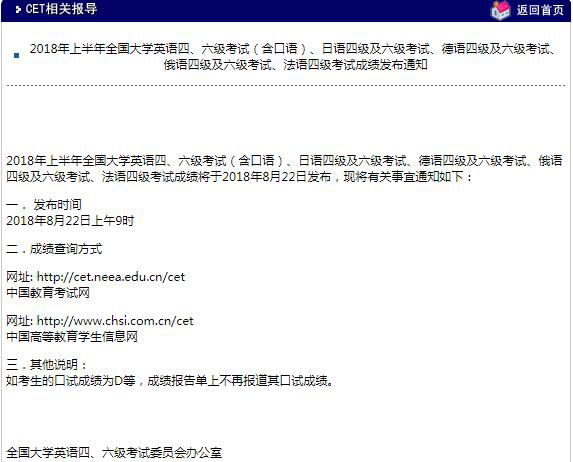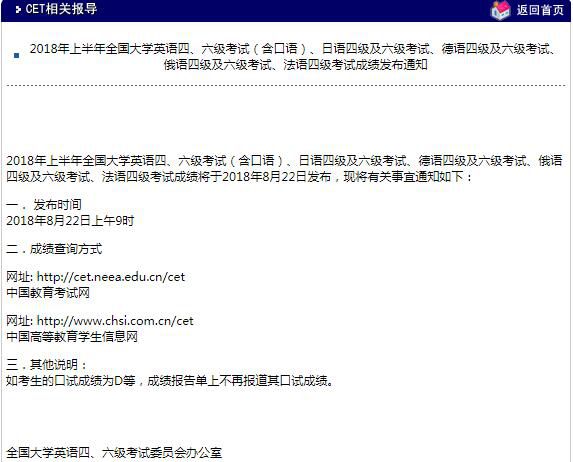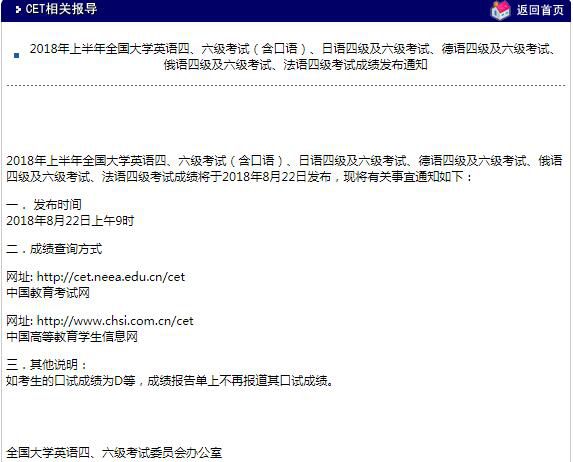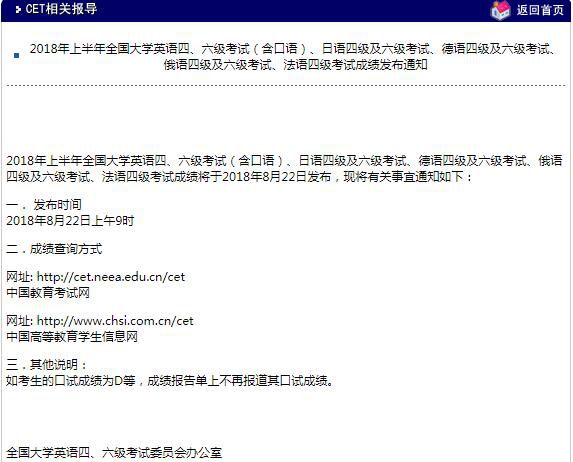Car giants bet heavily on China
|
Global automakers may be hurting from a worldwide slump in sales but in China, they see a bright beacon of hope. GM is staring at the abyss in Detroit and is pleading for a US government bailout, but at the 6th Guangzhou International Auto Show which opened yesterday, the US automaker and its local joint ventures are exhibiting 24 models - with the Chevrolet Cruze, Buick Enclave and Cadillac CTS-V making their China debut. "The vehicles on display are part of a product offensive that will see us roll out an unprecedented number of new and upgraded models over the coming two years," GM's China chief Kevin Wale said. The company's China sales grew by 10.2 percent year-on-year to 830,480 vehicles in the first nine months of this year. Kenneth Hsu, spokesman for Ford China, said the US auto giant's financial woes will not affect its expansion strategy in China. "We will continue to introduce new products and invest more in China with profits from our local operations," Hsu said. Ford will produce its all-new Fiesta subcompact at its joint venture in Nanjing from the first quarter of 2009. Ford's Swedish premium brand Volvo is displaying its new long-wheelbase S80 sedan, specially designed for the Chinese market, at the annual auto show. The model will be built in China next year to compete with the Audi A6 and the BMW 5 series. GM, Ford and Chrysler are lobbying the US Congress for a $25-billion bailout package amid the biggest plunge in vehicle sales in North America in more than two decades. China's vehicle market, the second-largest in the world, has slowed this year as a result of an economic slowdown and high fuel prices. Sales of domestically made vehicles rose by 11.1 percent to 7.94 million units from January to October. Last year, vehicle sales in China surged by 22 percent to 8.8 million units. Yale Zhang, director of Greater China Vehicle Forecasts for US consultancy CSM Worldwide Corp, said: "The Chinese vehicle market keeps growing and global automakers have to strengthen efforts here to boost sales. Otherwise, where can they go?" Zhang predicted that vehicle sales in China would increase by 7 percent this year and 6 percent in 2009. Winfried Vahland, president of Volkswagen Group China, said although growth of the Chinese vehicle market this year is "not big, we are confident of the industry growth as well as our company's growth in China in coming years". The German carmaker is increasing spending on marketing "especially in this situation, to support the Chinese government's efforts on consumption stimulation," Vahland said. Sasaki Akira, senior managing director of Toyota Motor, said: "The auto industry is facing severe challenges from the global financial turmoil However, we believe China's vehicle market has potential to keep growth and we will continue to launch new products here." Akira said the Japanese carmaker's China sales are expected to jump 20 percent to 600,000 vehicles this year. "The slowdown is temporary. And we believe the premier auto market will develop faster than the overall market and sales will continue to grow. For a long-term consideration, it's time to invest in the market to stimulate sales," said Bjoern Hauber, general manager of sales and marketing with Mercedes-Benz China Ltd. Peter Schwarzenbauer, member of the board of Audi AG, told China Daily that Audi is planning to establish a China branch in Beijing to reinforce local sourcing, and research and development. The German luxury sedan maker currently does business in China through a sales division under its joint venture with China's FAW Group. "The financial crisis and slowdown of China's auto industry won't make us reduce production or sales targets in China. Instead, we are considering extending our product portfolio from 20 to 40," Schwarzenbauer said. |








